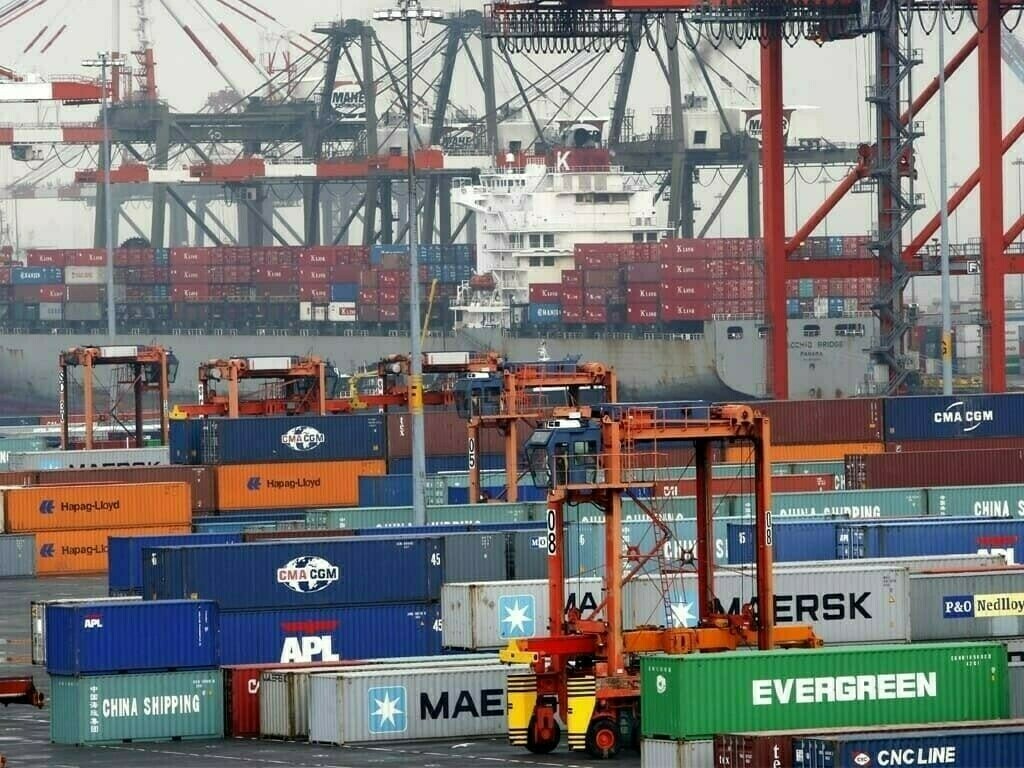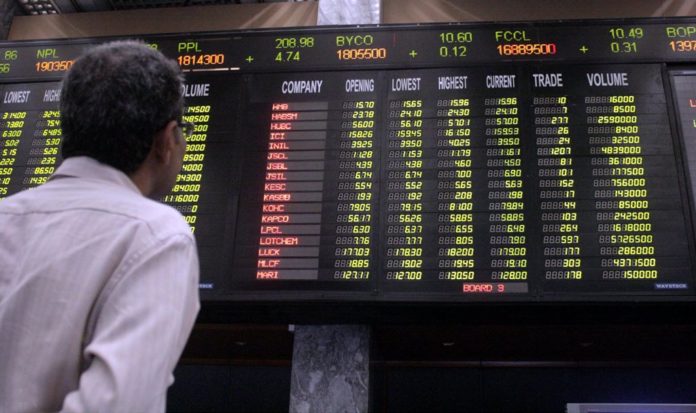Mohsin Siddiqui (Chief Reporter)
The federal government of Pakistan has taken a significant step by imposing regulatory duty on 657 luxury items and additional customs duties on 2,200 imported products, effective immediately. This decision, outlined in a recent notification by the Federal Board of Revenue (FBR), aims to regulate imports and bolster local industries.
According to the notification, the FBR has introduced a 2% Additional Customs Duty (ACD) on items previously subject to 0% duty. Additionally, varying rates of ACD—ranging from 2% to 7%—will apply to a wide array of goods specified in the SRO 929(I)/2024.
Effective from July 1, 2024, several categories of imported goods will face increased duties. Notably, a 7% ACD will be imposed on completely knocked-down (CKD) cars, jeeps, light commercial vehicles exceeding 1,000 cc, and heavy commercial vehicles in CKD condition. Luxury items such as perfumes and sprays will incur a 20% Regulatory Duty (RD), while watches and sunglasses will face 30% RD. Imported cycles will see a 10% RD, and imported dairy products will face RD rates ranging from 20% to 25%.
Moreover, natural honey and imported dates and other fruits will be subjected to RD rates of 30% and 25% respectively. Cosmetics will bear a hefty 55% RD, with imported shaving cream and soap at 50% RD. Apparel including caps, overcoats, jackets, trousers, shirts, skirts, and dresses will see RD rates ranging from 10% to 55%. Imported jewellery will face a 45% RD, while dental hygiene products and yarns will incur RD rates of 50%. Cheese, curd, potatoes, vegetables, sugar confectionery, tobacco, dog or cat food, leather apparel, and video game consoles will also face varying RD rates from 25% to 50%.
The government has imposed a 2% ACD on the import of sub-components, components, and sub-assemblies used in automotive vehicles, automotive climate control equipment, and automotive batteries. These components are intended for in-house use, supply to Original Equipment Manufacturers (OEMs), assemblers, or sale in the open market. The move aims to encourage local manufacturing and reduce dependency on imports in these critical sectors.
This decision by the federal government reflects its strategy to enhance revenue collection, protect local industries, and regulate the importation of goods deemed non-essential or luxury items. The imposition of regulatory duties and additional customs duties is expected to influence import patterns and stimulate local production across various sectors of the economy.




